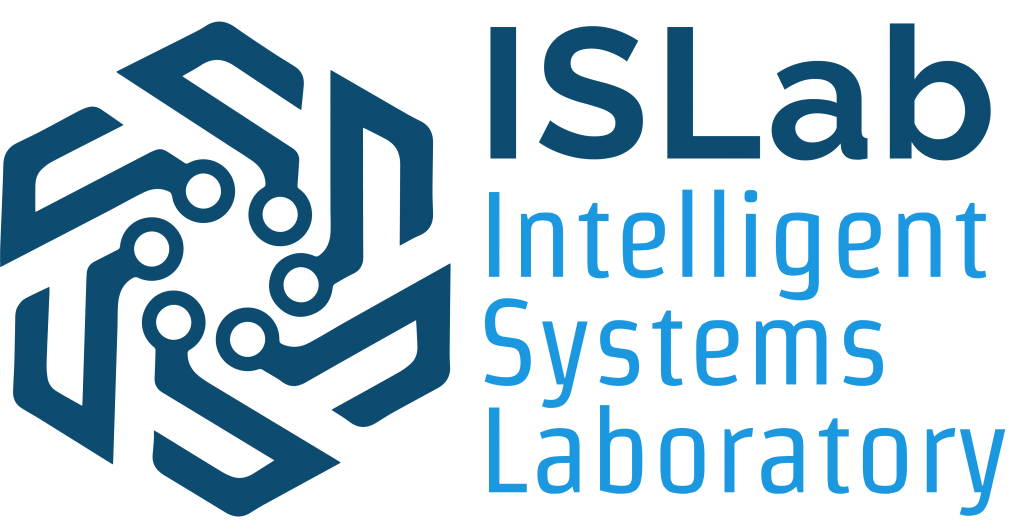AI & Pattern recognition
Lorem ipsum dolor sit amet, consectetur adipiscing elit. Integer quis magna ex. Nullam sapien ligula, commodo sit amet iaculis id, tempor ac purus. Vestibulum ultricies vestibulum enim. Nulla ac nisi in velit dignissim dignissim. Pellentesque pellentesque ex sed libero gravida sagittis. Quisque commodo blandit accumsan. Duis efficitur urna in eros gravida tristique. Curabitur suscipit metus quam, quis congue ex tempor ac. Etiam feugiat velit vel diam mollis, finibus tristique ligula ultricies. Ut tempus mi vel neque feugiat tristique. Vivamus eget neque non dui condimentum finibus. Nullam eget tortor molestie, laoreet augue ut, venenatis ipsum. Nulla sed nulla aliquet purus aliquet tristique et non lectus. Donec fringilla est sapien, eu elementum nisi auctor vel. Cras laoreet ultricies vestibulum.Nam pulvinar finibus lorem, id convallis elit sodales et. Vestibulum leo massa, laoreet at felis ac, pellentesque convallis lectus. Curabitur quis cursus lorem. Sed eget leo elit. Aliquam erat volutpat. Sed eu feugiat ante. Nam nec lorem sed ligula ornare dignissim ac ultricies ex. Morbi viverra sed leo vel imperdiet. Vivamus in dui eget ipsum maximus egestas ut sit amet diam. Maecenas sit amet faucibus quam. Nulla vel est molestie, viverra lectus id, consequat nunc. Maecenas et metus eu sem iaculis tristique at at lacus. Suspendisse potenti. Etiam quis est facilisis, porta magna in, pharetra erat. Phasellus eget est ipsum. Mauris dignissim lectus leo, eu bibendum mauris rutrum ac.
